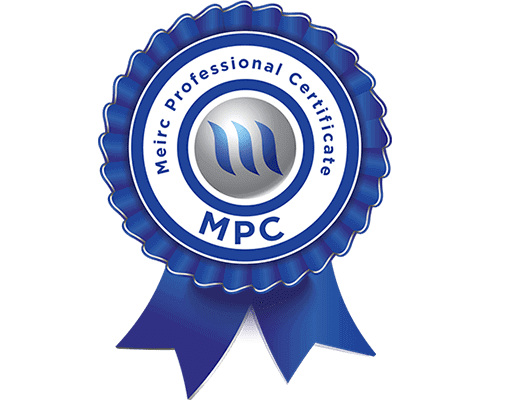
Certificate in Workplace Counseling
Why Attend
This course empowers participants with the tools to cultivate robust counseling skills. Effective communication, active listening, and empathetic interaction become second nature, allowing participants to engage more harmoniously with those needing counseling intervention. As a result, workplace relationships are strengthened, leading to increased teamwork, reduced misunderstandings, and a more pleasant and collaborative work environment. Ultimately, participants will be better equipped to help others manage their emotions, handle stress, and navigate interpersonal relationships effectively. This holistic approach promotes mental and emotional well-being, creating a more content and engaged workforce.



